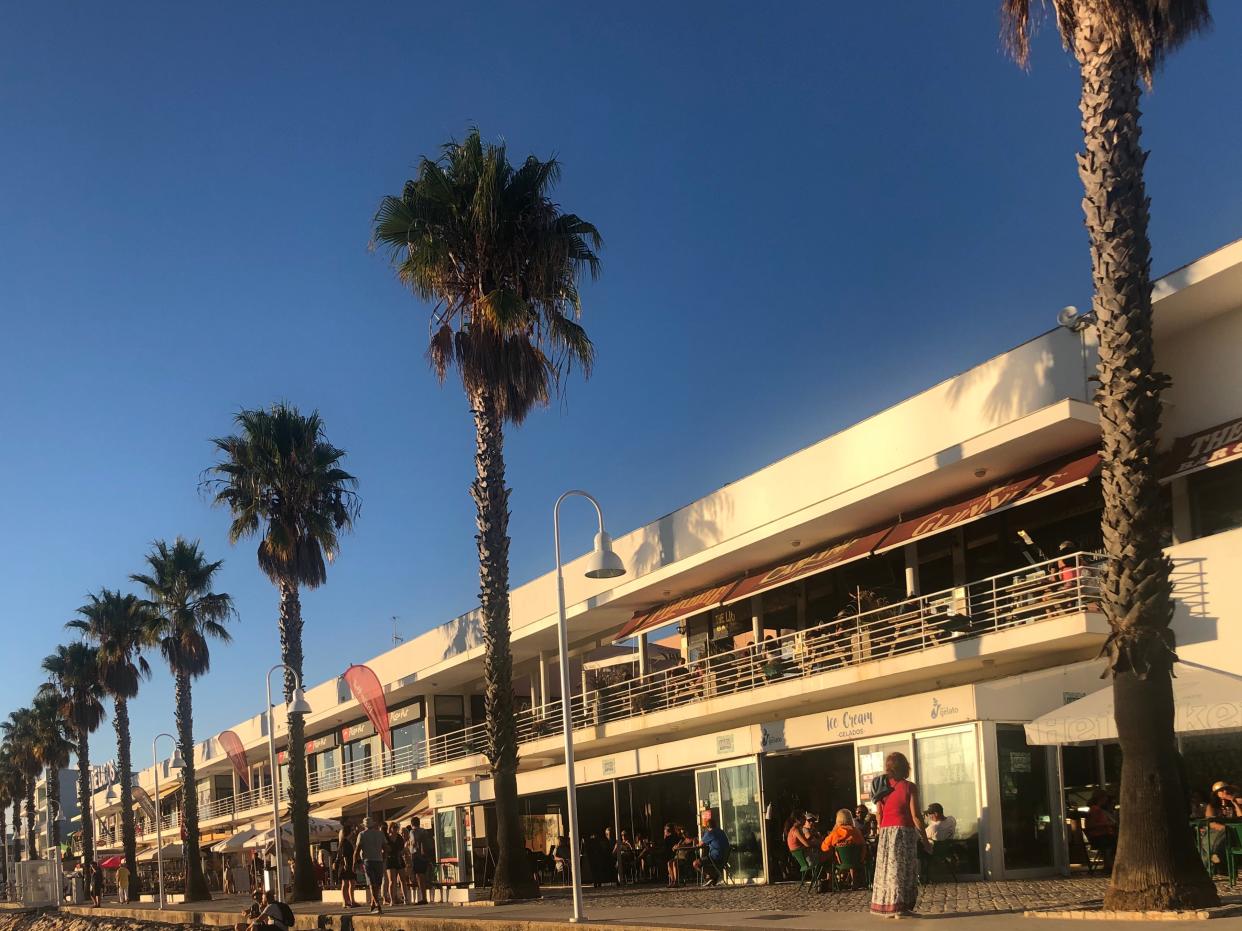Coronavirus travel form will be 'simplified' and better enforced, says Boris Johnson

The widely ridiculed coronavirus tracking procedures for travellers arriving in the UK are to be tightened, the prime minister had said.
Travellers are supposed to complete a passenger locator form in the 48 hours before their return to the UK.
But there have been widespread accounts of travellers using false information, with few checks on arrival. More than 4,000 cases have been referred to the police of travellers failing to complete mandatory Covid-19 paperwork on arriving in the UK, transport minister Baroness Vere of Norbiton told parliament on Wednesday.
During a Downing Street briefing on Wednesday, Boris Johnson said that the passenger locator form would be “simplified”, and enforced at airports abroad before departure for the UK.
“We will simplify the passenger locator form needed for travel to the UK, and take measures to ensure these are completed and checked before departure.
“Border Force will step up enforcement efforts at the border to ensure that arrivals are complying with the quarantine rules.”
The press conference was called to announce new England-wide restrictions on gatherings, which are now limited to six people. During the briefing, chief medical officer Chris Whitty warned that infections were increasing rapidly in young people.
At present the passenger locator form takes about 10 minutes to complete. It was most recently changed on Monday 7 September, when an extra question was introduced to ask travellers about the islands they may have been on.
One section has baffled many travellers: “If you have only been in the area you normally live in, you do not need to give an arrival date. If you have not yet arrived in the area, for example you are transiting through on the way to the UK, please enter the dates that you will be there.”
The Home Office has not responded to enquiries from The Independent on that point.
The prime minister also hinted that a vastly expanded testing programme may be able to shorten the two quarantine requirement for arriving travellers, as the aviation industry has been demanding for months.
Mr Johnson said he hoped the wider measures aimed at reducing rates of infection would not “cause any extra burdens for the travel industry”.
“I really appreciate the difficulties that industry has been going through," he said. “The aviation sector is of colossal importance to our country. I think we have the third-biggest aviation industry anywhere in the world.
“We want to get people flying as fast and efficiently as we can. We’re going to look at all the ways we possibly can with new technology, with more, with better testing to liberate people to fly in the way they want to.
“That’s an absolute priority.”
The prime minister was speaking the day after easyJet announced it was cancelling many flights for the remainder of 2021 due to the latest change in quarantine policy.
The chief executive of easyJet, Johan Lundgren, said: “Following the imposition of additional quarantine restrictions to seven Greek Islands and the continued uncertainty this brings for customers, demand is now likely to be further impacted and therefore lower than previously anticipated.
“We know our customers are as frustrated as we are with the unpredictable travel and quarantine restrictions.
“We called on the government to opt for a targeted, regionalised and more predictable and structured system of quarantine many weeks ago so customers could make travel plans with confidence.”
Mainland Portugal is thought likely to be the next major tourist destination to be added to the Foreign Office no-go list, with quarantine imposed on arriving travellervellers.
Read more
EasyJet furious at latest quarantine change
Coronavirus: Labour calls on government to expand airport testing to reduce quarantine time
Quarantine-free travel corridors: All the countries on the government’s list

 Yahoo News
Yahoo News 
